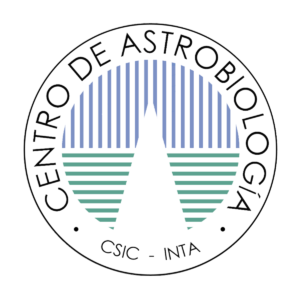Puente Sánchez, F., Díaz, S., Penacho, V., Aguilera, A., Olsson, S. 2018. Basis of genetic adaptation to heavy metal stress in the acidophilic green alga Chlamydomonas acidophila. Aquatic Toxicology, 200, 62-72 DOI: 10.1016/j.aquatox.2018.04.020
To better understand heavy metal tolerance in Chlamydomonas acidophila, an extremophilic green alga, we assembled its transcriptome and measured transcriptomic expression before and after Cd exposure in this and the neutrophilic model microalga Chlamydomonas reinhardtii. Genes possibly related to heavy metal tolerance and detoxification were identified and analyzed as potential key innovations that enable this species to live in an extremely acid habitat with high levels of heavy metals. In addition we provide a data set of single orthologous genes from eight green algal species as a valuable resource for comparative studies including eukaryotic extremophiles.
Our results based on differential gene expression, detection of unique genes and analyses of codon usage all indicate that there are important genetic differences in C. acidophila compared to C. reinhardtii. Several efflux family proteins were identified as candidate key genes for adaptation to acid environments. This study suggests for the first time that exposure to cadmium strongly increases transposon expression in green algae, and that oil biosynthesis genes are induced in Chlamydomonas under heavy metal stress. Finally, the comparison of the transcriptomes of several acidophilic and non-acidophilic algae showed that the Chlamydomonas genus is polyphyletic and that acidophilic algae have distinctive aminoacid usage patterns.






